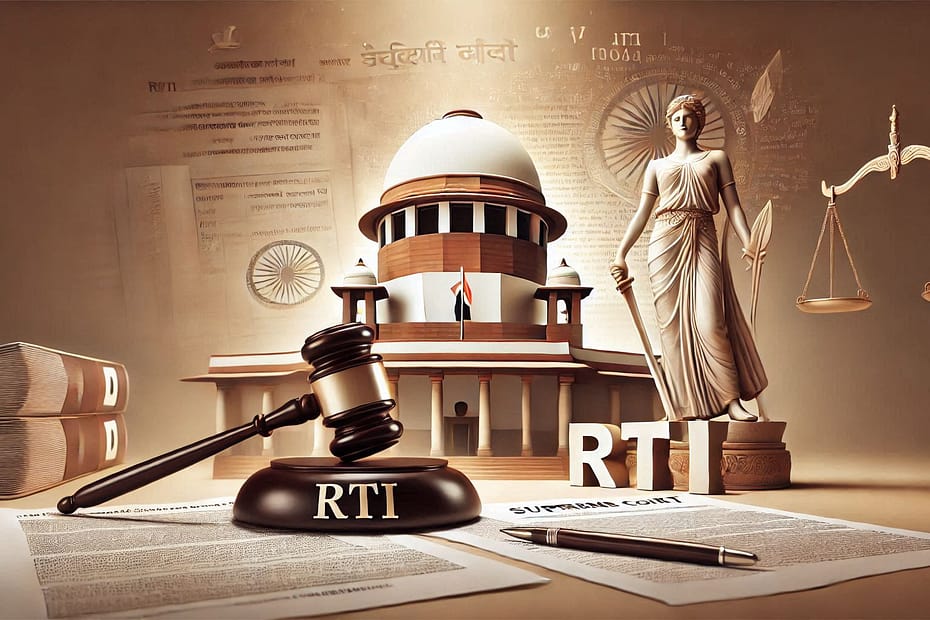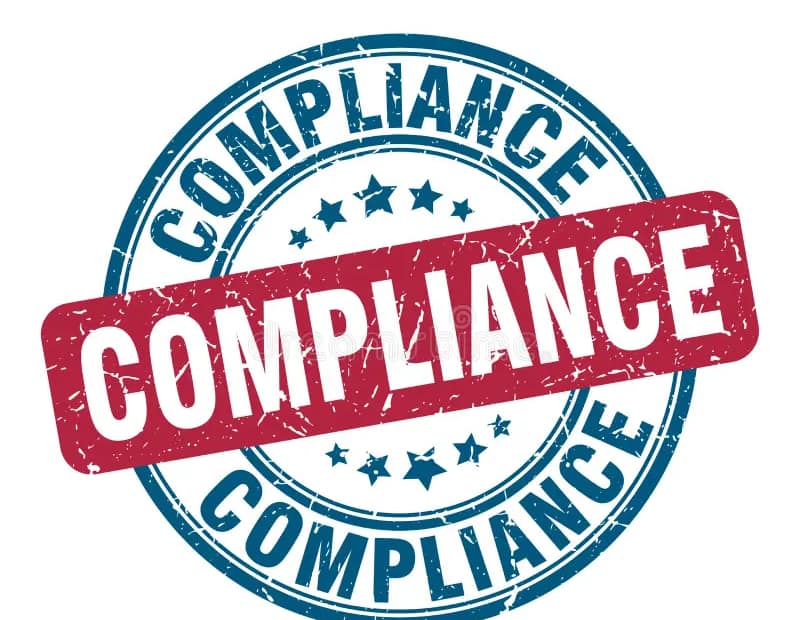Supreme Court Ruling on CIC’s Powers: Central Information Commission vs. D.D.A. & Anr (2024)
Central Information Commission vs. D.D.A. & Anr ; Supreme Court of India 2024 INSC 513 The principle of purposive interpretation supports the view that the CIC’s powers under Section 12(4) of the RTI Act include… Supreme Court Ruling on CIC’s Powers: Central Information Commission vs. D.D.A. & Anr (2024)










